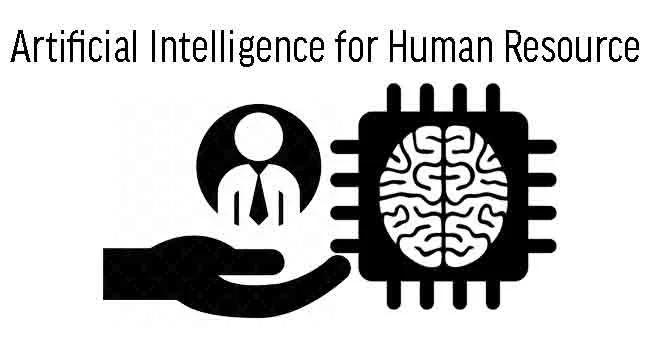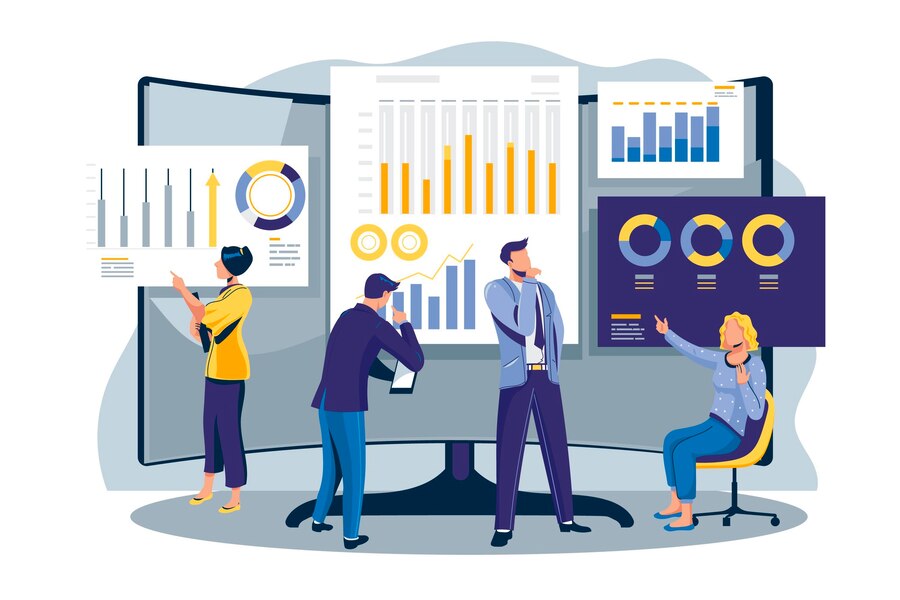Undeniably, the
unprecedented COVID 19 crisis has wreaked havoc across the globe, pushing world economies into prolonged lockdown and the business world to a screeching halt. The sudden and disruptive onset of crisis has ripple effects on a wide range of
industries as well. In the wake of the COVID-19 outbreak, the adoption of artificial intelligence (AI) technology has grown exponentially.
Artificial intelligence (AI) refers to technology used to do a task that requires some level of intelligence to accomplish — in other words, a tool trained to do what a human can do. Why is AI different than ordinary software? Three core components — high-speed computation, a huge amount of quality data and advanced algorithms differentiate AI from ordinary software. Core AI technologies provide better accuracy and stability to everyday processes using
an algorithm that connects quality data with fast computation services.
Role of Artificial intelligence (AI)have already begun to take their place in our lives. The software, which is mostly used for production and marketing and now be used even for Human Resources Management.
There is often debate about whether Artificial Intelligence will replace human labour. In my opinion AI have already started to replace the human interventions. Have you ever thought about the possibility of being hired by Artificial Intelligence one day? It doesn’t seem that long to get the answer to that question. Because giant companies are already using artificial intelligence for Human Resources Management.
Artificial intelligence is currently being used to assist Human Resources departments. AI presents an
opportunity for HR to automate repetitive, low- value tasks and to increase focus on more strategic work. In general HR services include a large amount of time spent on standard on-boarding processes for new employees, triaging common questions and employee requests, and basic benefits management.
Companies around the world are increasing their HR investments in artificial intelligence (AI) and related technology and, in doing so, trying to catch up with investments made by other business functions. Sixty percent of companies plan to boost their use of workplace automation this year, including 59 percent in the United States and 55 percent in China, according to consulting firm Mercer’s Global Talent Trends 2019 report. Amazon is one of the largest companies that use artificial intelligence for human resource management.
AI can be embedded in HR functions such as recruitment, training, onboarding, performance analysis, retention etc. The purpose of AI adoption in HR is to improve the productivity and efficiency of HR so that it can meet its core objectives. Employee engagement and improved employee experience are at the heart of any successful HR operation. However, a majority of organizations are still lagging in integrating AI to its HR practices because of cost. AI should be viewed as an optimistic opportunity to enhance lives. AI creates a better future if it is clearly understood and utilized in a proper
way. AI will redefine the relationship between humans and machines at work.
Author:
Hardik Pandya, Dy. Manager-HR
Ambuja Cement Ltd. (A LafargeHolcim Group Company)
Disclaimer: The opinions / views expressed in this article are solely of the author in his / her individual capacity. They do not purport to reflect the opinions and/or views of the College and/or University or its members.






